NCI
-
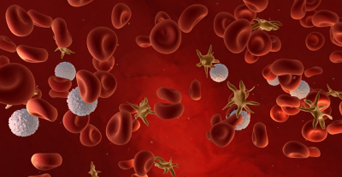
Bid protein guards blood cells against stress
A protein normally known to promote cell death found to encourage survival of blood forming cells. Read MoreOct 25, 2012
-
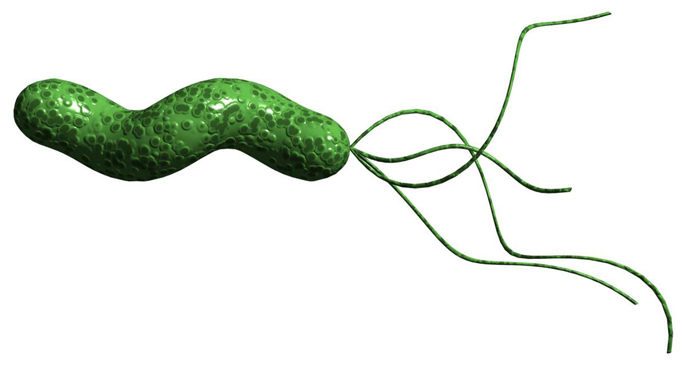
Stomach bug alters tumor suppressor
The stomach bug Helicobacter pylori increases forms of a protein that promote tumor development, perhaps explaining how it elevates risk for gastric cancer. Read MoreOct 23, 2012
-

More gene links to breast cancer risk
Two newly identified gene variants linked to breast cancer may aid in predicting disease risk and targeting screening and prevention strategies. Read MoreOct 19, 2012
-

Complementary and alternative medicine use differs by race, economics
Use of complementary and alternative medicine differs by race and socioeconomic factors, study reports. Read MoreOct 9, 2012
-
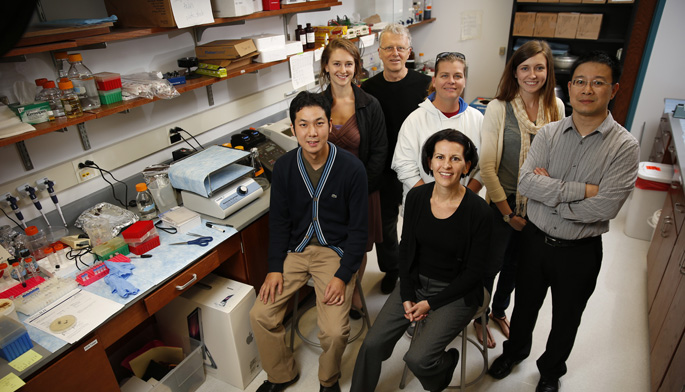
Proteins help flip tumor’s invasive switch
Vanderbilt investigators have identified how two key components of cancer's invasive "switch" — the series of signaling events that turn on a tumor cell’s invasive behavior — work together. Read MoreOct 4, 2012
-

An orphan enzyme’s purpose
“Orphan” enzyme may play role in cancer growth, new research suggests. Read MoreOct 4, 2012
-
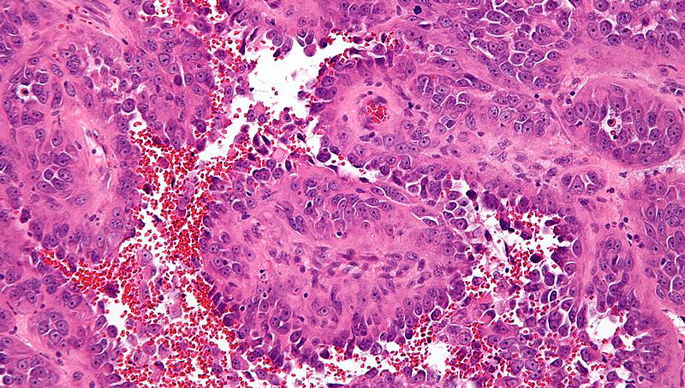
Target acquired for aggressive tumor
New therapeutic target for angiosarcoma – an aggressive, highly fatal tumor of the blood vessels – identified. Read MoreSep 27, 2012
-

Cell entry ports for cold virus
The respiratory virus HMPV uses its fusion (F) protein – which interacts with cellular receptors called integrins – to bind to and enter target cells. Read MoreSep 25, 2012
-

HER2 may impact lung cancer therapy
A protein associated with aggressive breast cancers may also influence resistance of lung cancer to targeted therapies. Read MoreSep 21, 2012
-

Enzyme counters stomach acid attack
Dysfunction or loss of an “antioxidant” enzyme may lead to higher risk for esophageal cancer in patients with gastric reflux disease. Read MoreSep 11, 2012
-

African ancestry, stomach bug link
Socioeconomic factors, African ancestry linked to risk for cancer-causing infection. Read MoreAug 16, 2012
-
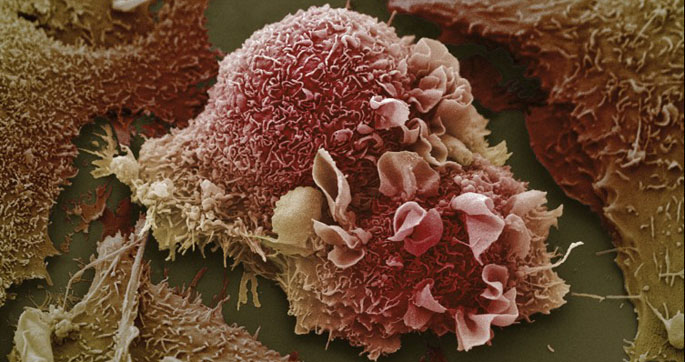
Study tracks how gene may promote lung cancer tumors
Vanderbilt-Ingram Cancer Center researchers have identified how one of the genes most commonly mutated in lung cancer may promote such tumors. Read MoreAug 9, 2012
-

Network approach yields glioblastoma clues
MicroRNA “regulatory networks” generated at Vanderbilt aid search for biomarkers and new drugs to treat glioblastoma, the most common and lethal primary brain tumor. Read MoreAug 9, 2012
-
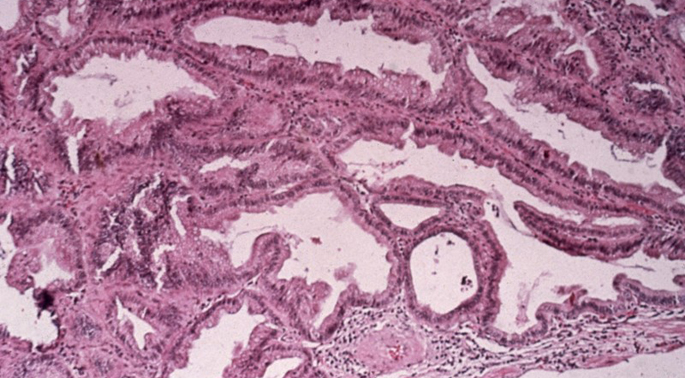
On the hunt for bladder cancer factors
A protein linked to aggressive bladder cancers could point to new strategies for treatment or prevention. Read MoreJul 26, 2012
-
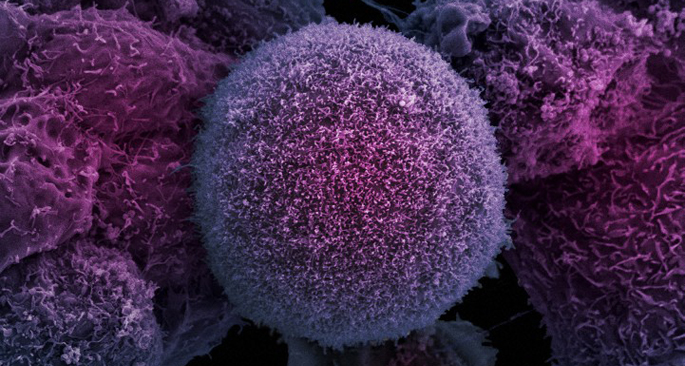
Proteins guard against cancer spread
Targeting immune system proteins may keep prostate cancer from spreading to bone. Read MoreJul 24, 2012
-
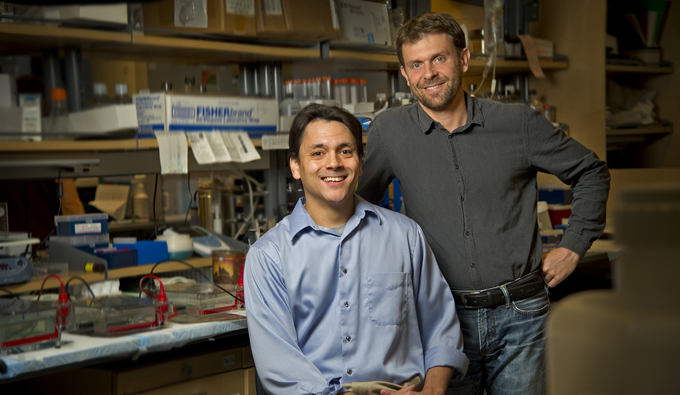
VU study finds stress fuels breast cancer metastasis to bone
Stress can promote breast cancer cell colonization of bone, Vanderbilt Center for Bone Biology investigators have discovered. Read MoreJul 18, 2012
-

Kids’ cells okay after mom’s cancer radiation
Study finds no evidence of increased mitochondrial mutations in the children of women treated with radiation for cancer. Read MoreJun 22, 2012
-

Gene database to aid disease research
A new catalog of human genetic data may help researchers uncover the genetic roots of disease and enable the ultimate realization of personalized medicine. Read MoreJun 19, 2012
-

Roots of childhood brain tumors
Cells in the back of the developing brain can give rise to brain tumors, suggesting they may be a target for treatment. Read MoreJun 14, 2012
-

Vanderbilt identifies genes linked to breast cancer chemo resistance
A study led by Vanderbilt-Ingram Cancer Center investigators has identified a gene expression pattern that may explain why chemotherapy prior to surgery isn’t effective against some tumors and suggests new therapy options for patients with specific subtypes of breast cancer. Read MoreJun 11, 2012